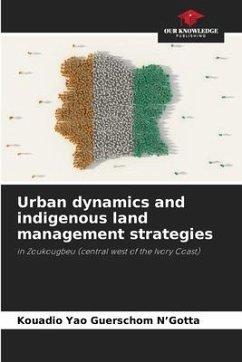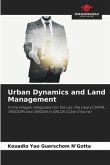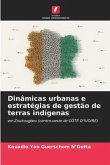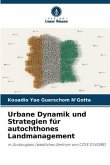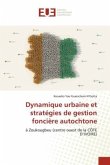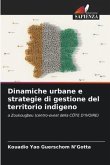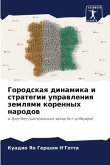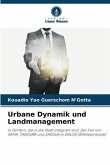After Côte d'Ivoire gained independence in 1960, the new authorities of the country continued the colonial policy with regard to the development of urban space. The State imposed itself as the master of the urban game and the housing estate was the only means of producing urban space. The administrative subdivisions initiated by the State were carried out by the mayors and sub-prefectures. However, in 2014, the State consolidated customary rights and gave the possibility to village communities, customary developers and private operators to initiate the subdivision of their plots.In parallel with this change in legislation, the urbanization process that began in the 1950s has been growing in leaps and bounds, with the spatial extension of existing cities and the creation of new cities and/or galloping urbanization being the manifestations of this phenomenon.The spatial dynamics of the city of Zoukougbeu are remarkable. The town has expanded far beyond its original site, extending into the villages of Garobo and Danhoungbeu. Initially located on the outskirts, these villages are now integrated into the city.

